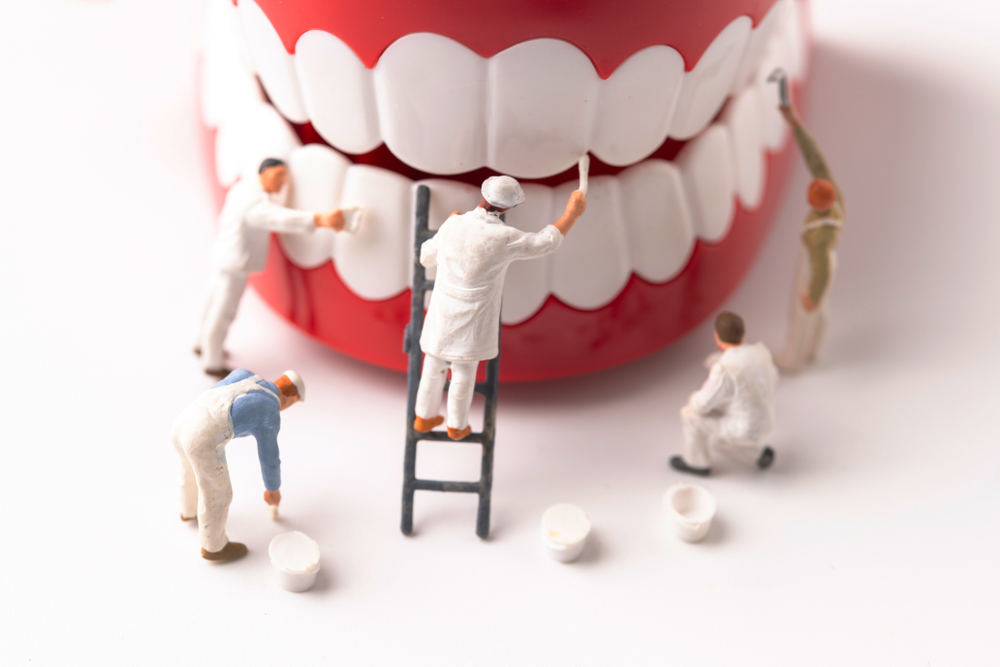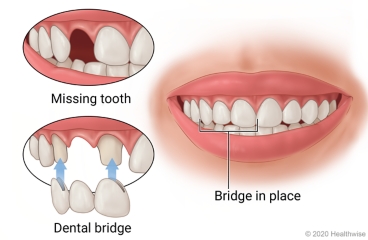- Phone: 98860 20029
- Mon-Sat (10:00 am - 8:30 pm)
- info@sujaysdentalcare.com

Restorative dentistry involves procedures to replace missing or damaged teeth, aiming to restore your natural smile and prevent future oral health problems.
Restorative dentistry encompasses treatments that replace missing or damaged teeth, promoting proper alignment, oral care, and overall well-being.
Missing teeth can have implications for your health, appearance, and self-confidence.

1. Maintaining Tooth Alignment:
Filling empty spaces in your mouth helps in keeping your teeth properly aligned, preventing misalignment issues that could arise due to gaps.
2. Enhancing Oral Care:
Replacing teeth makes it easier to maintain good oral care habits, reducing the risk of plaque build-up and associated problems.
3. Overall Health and Confidence:
Missing teeth can impact your health and self-esteem, making restorative procedures crucial for a healthy and confident smile.
1. Fillings:
Cavities can be treated by removing decay and filling the tooth with materials like gold, porcelain, silver amalgam, tooth-colored plastic, or composite resin.
2. Crowns:
A crown, a tooth-shaped cap, is placed over a tooth to strengthen and protect it. The crown is custom made in a lab based on an impression taken by your dentist.
3. Bridges:
Dental bridges replace missing teeth by anchoring artificial teeth between crowns on adjacent teeth. Bridges prevent neighboring teeth from shifting.
1. Brush Regularly:
Brush your teeth thoroughly twice a day using a soft-bristle toothbrush.
2. Consider Electric Toothbrushes:
Electric toothbrushes can effectively remove plaque from your teeth and restorative work.
3. Floss Daily:
Floss around your teeth, dental implants, crowns, and bridges daily to remove food particles and plaque.
4. Mind Your Diet:
Avoid chewing on hard or sticky foods that could damage your implant, bridge, or crown.
5. Use Antibacterial Mouthwash: Incorporate an antibacterial mouthwash into your oral hygiene routine to fight plaque bacteria around restorative work.
1. Follow Aftercare Instructions: Adhere to any specific post-procedure care instructions provided by your dentist.
2. Attend Follow-up Appointments: Attend follow-up appointments as scheduled to monitor the healing process and ensure proper integration of restorative work.
Emergency Situations:
1. Contact Your Dentist: If you experience severe pain, discomfort, or damage to your restorative work, contact your dentist immediately.
2. Avoid Self-Treatment: Refrain from attempting to fix any issues yourself, as this could exacerbate the problem. Remember, proper care and maintenance are essential for the longevity and effectiveness of your restorative dentistry procedures. By following these instructions and maintaining regular dental check-ups, you can enjoy a healthy and confident smile for years to come.
In today’s fast-paced corporate world, time is a precious commodity for employees, especially those working in the information technology (IT)…
What is Same Day Dentistry? Same day dentistry, also known as single day dentistry, is a revolutionary approach that enables…
***We Promise, no spam!
At Sujay’s dental care, our expertise promises to give you a healthy and beautiful smile.
© 2023, Sujays Dental Care
Use this feature to chat with our representative..